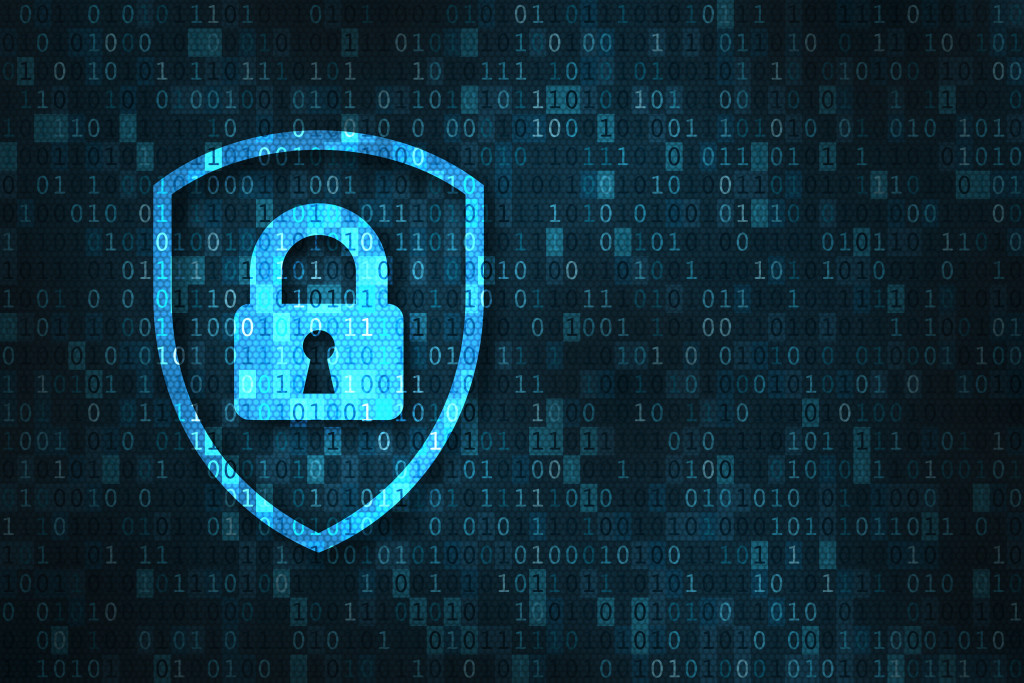As a business owner, you know how vital it is to keep your assets safe. Whether those assets are physical or digital, you need to take steps to protect them from harm. The question is how.
Here are nine strategies that you can use to keep your business assets safe online and offline:

1. Create a Secure Physical Space for Your Assets
If you have high-value physical assets necessary for your business to run smoothly, such as cash reserves, keep them in a secure area. It will prevent others from having access to them. You can either lock the room that they’re in or invest in security cameras so that you can monitor who has access to this space at all times.
You can do the same thing by creating a secure login for your computer in the digital world. This will keep others from accessing your files or, worse, delete them. Make sure that you also create strong passwords that are difficult to guess.
2. Travel with Security
If you’re traveling with your assets, consider bringing along or hiring security chauffeur services. These people can protect your physical assets while in transit, monitor access to secure areas, escort you and your valuable items to/from any destination, and offer heightened security during travel.
It also pays to be secretive. Don’t tell anyone about the assets you’re bringing during your travels. Avoid taking the same route daily or vary your travel plans whenever possible.
Online, use a virtual private network (VPN) to keep your data safe while traveling. This solution will create a secure tunnel between you and the VPN provider’s servers so that no one can eavesdrop on your traffic or steal your data.
3. Create a Backup Plan
If you lose your assets, you need to have a backup plan. You’ll want to be able to recover everything as quickly and efficiently as possible so that your business can continue running smoothly.
Create a digital inventory of these items with photos and serial numbers for physical assets. Keep this information in multiple locations (i.e., on more than one computer) so that it’s always safe from theft or loss.
Within the digital world, create backups of all documents, files, etc., either through cloud computing solutions or locally via an external hard drive(s). Ideally, you should keep two copies stored off-site for additional security.
You can also invest in an IT support contractor for your business. They can help keep all of your files backed up and secure.
4. Beware of Inside Jobs
Inside jobs are an often-overlooked threat to your business assets. Trusting employees can quickly become the biggest threat to your physical and digital assets.
For physical items, be cautious about whom you trust with access to secured areas of your home or office space. Ensure that all employees know what is at stake if they try to steal from you and compromise security in any way.
Online, keep tabs on all employees who have administrative privileges within the network (i.e., those who have the power to create additional users). If anyone abuses this privilege by creating numerous accounts for themselves, change their password immediately so that they no longer have access until you can investigate further).
You should also clarify that unauthorized access to data or system resources is against company policy, which means that any employee who does it will face repercussions.
Finally, if a key employee leaves your business for any reason (e.g., being fired or quitting), make sure all their access privileges are revoked immediately, so they can’t steal information from you after leaving the job.
5. Monitor Your Security Processes
You’ll also want to monitor your security processes on both a physical and digital level.
On the physical side, you can do this by keeping track of who has access rights and what those rights are. If an employee no longer needs a key or code for entry into secured areas at any time, take it back from them so that they can’t access your assets without permission.
In the digital world, you’ll want to use security logging software to track all activity that occurs on your network (both authorized and unauthorized). This will help you quickly identify any suspicious behavior or activity so that you can take appropriate action.
You should also review your security processes regularly (e.g., once per quarter). This will help you identify any weaknesses in your security system and work to resolve them quickly.
By following these five tips, you can better protect your business assets online and offline. By being proactive in safeguarding your information, you’ll help ensure that your business remains successful now and into the future.



